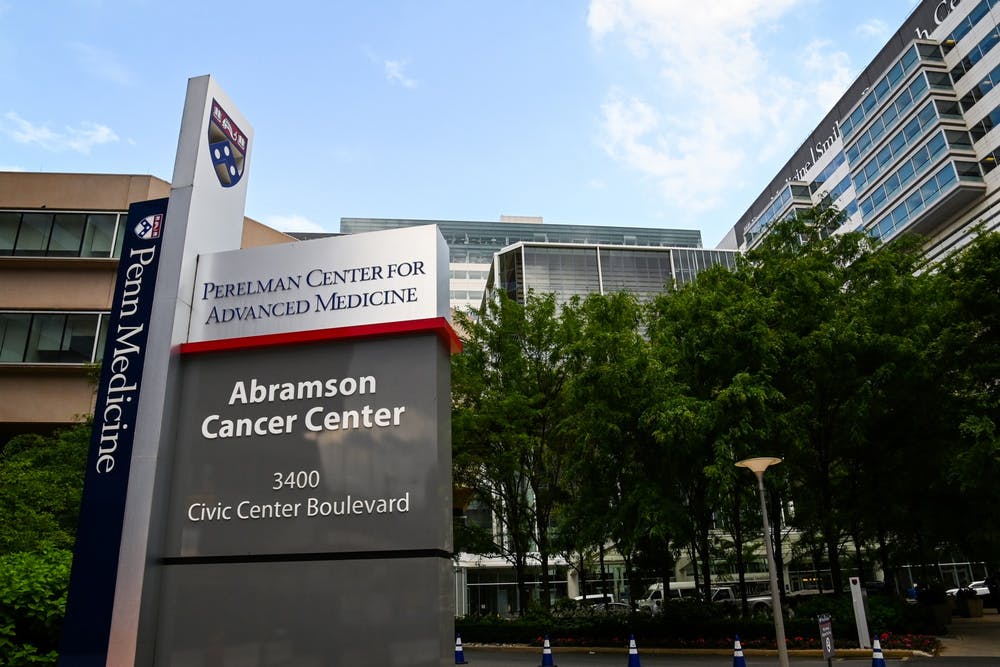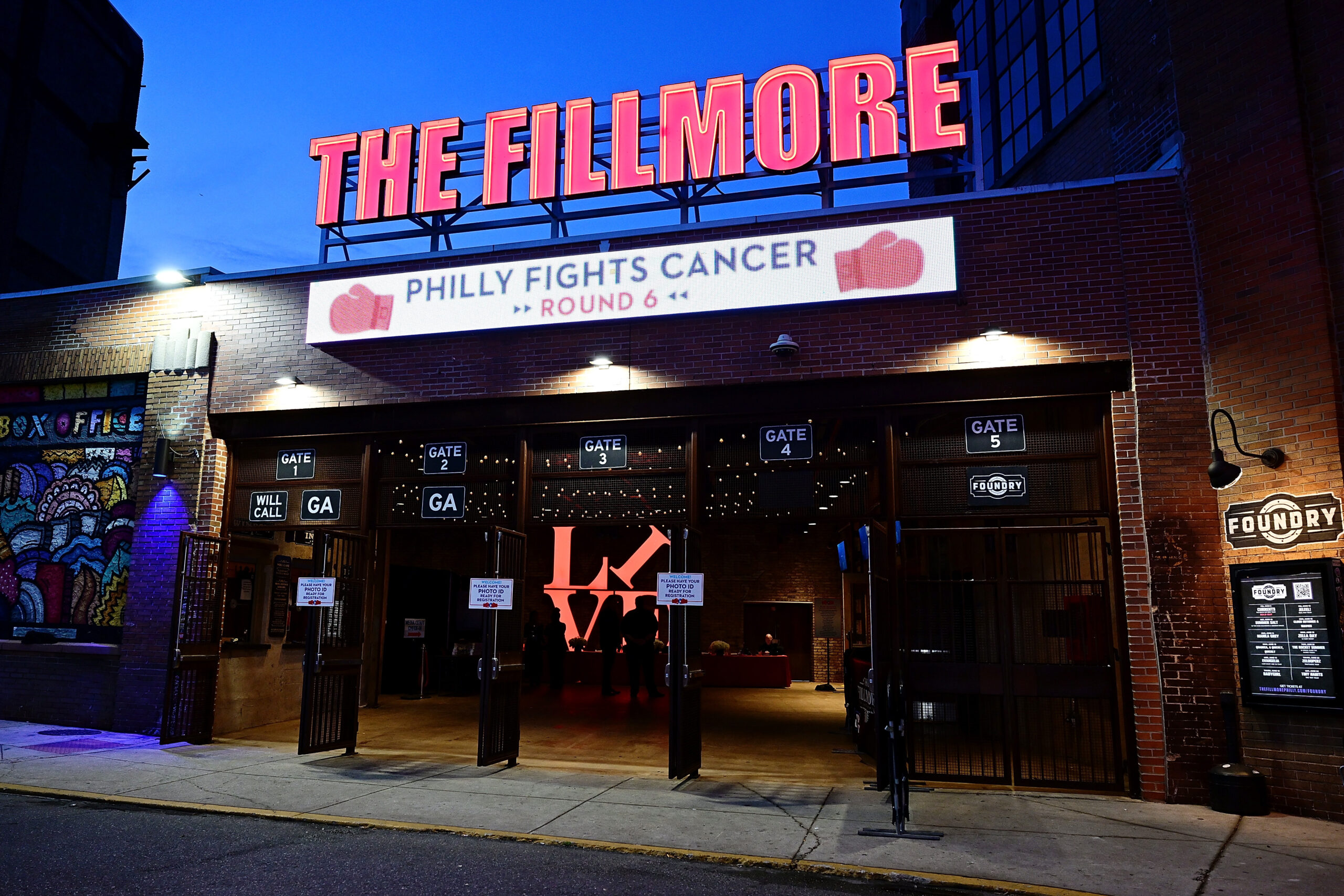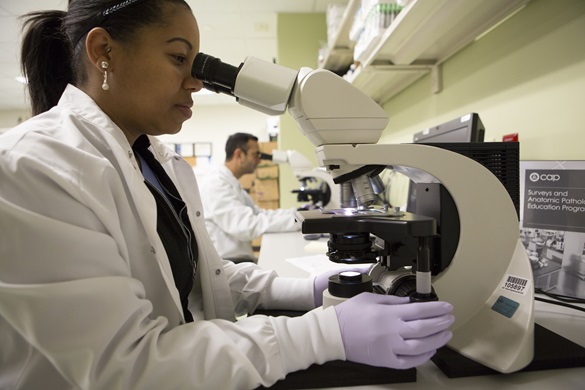
News & Updates
Steak 48 Give Back Dinner
Tuesday, April 2, 2024
On Tuesday, April 30th, we invite you to join us for dinner at Steak 48, one of Philadelphia’s premier dining destinations to benefit Philly Fights Cancer. Steak 48 will be partnering with Philly Fights Cancer to raise money in support of Penn Medicine’s Abramson Cancer Center.
Steak 48 will be donating 100% of all proceeds from 200 dinners (excluding tax, credit card fees & gratuity) to Philly Fights Cancer which will help fund cancer research, treatment, and patient care at Penn Medicine’s Abramson Cancer Center.
We encourage you to make a reservation at Steak 48 for April 30th to secure your spot for this special night where phenomenal cuisine meets making a meaningful difference in the fight against cancer.


On Tuesday, April 30th, we invite you to join us for dinner at Steak 48, one of Philadelphia’s premier dining destinations to benefit Philly Fights Cancer. Steak 48 will be partnering with Philly Fights Cancer to raise money in support of Penn Medicine’s Abramson Cancer Center.
Steak 48 will be donating 100% of all proceeds from 200 dinners (excluding tax, credit card fees & gratuity) to Philly Fights Cancer which will help fund cancer research, treatment, and patient care at Penn Medicine’s Abramson Cancer Center.
We encourage you to make a reservation at Steak 48 for April 30th to secure your spot for this special night where phenomenal cuisine meets making a meaningful difference in the fight against cancer.









